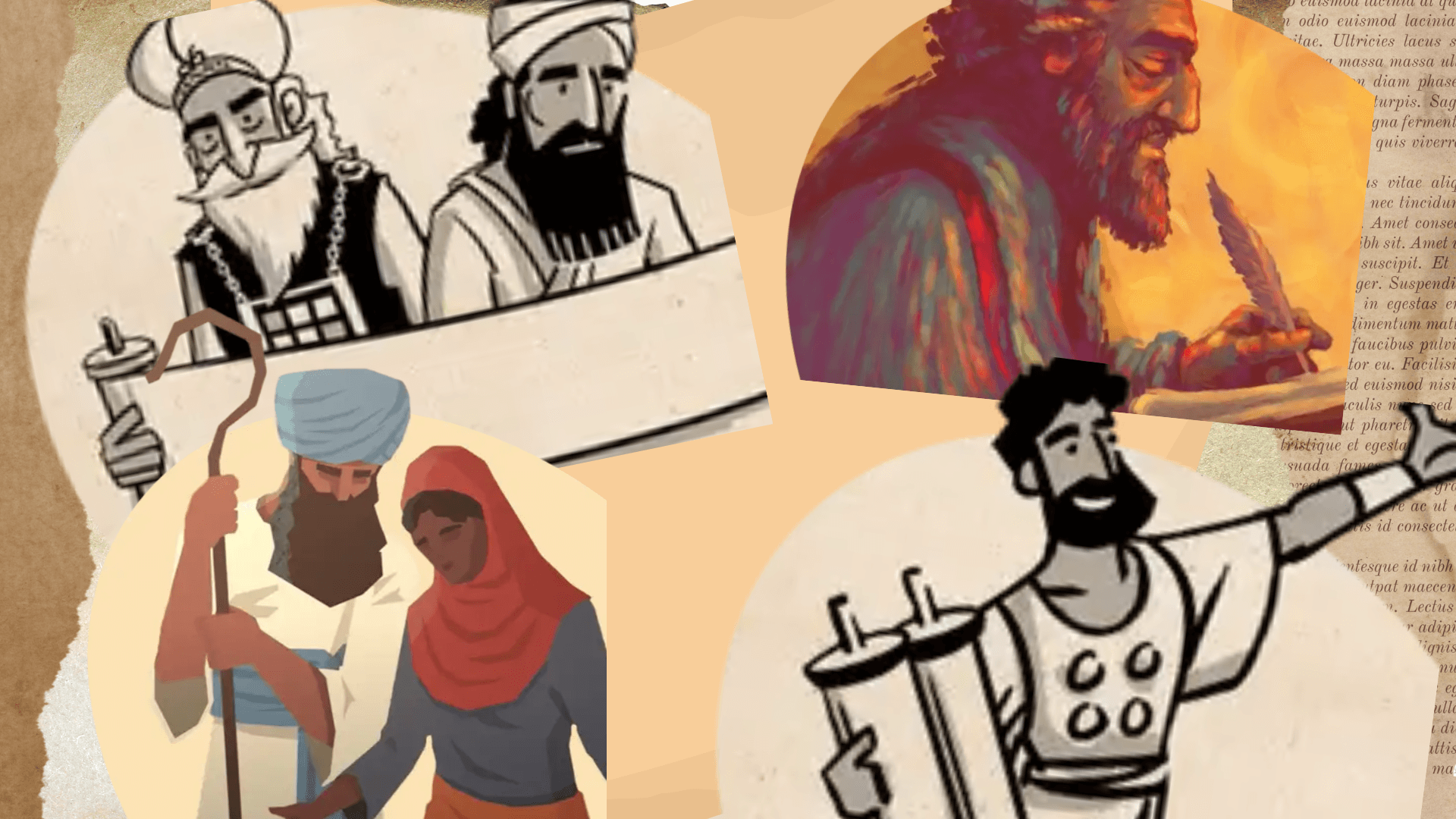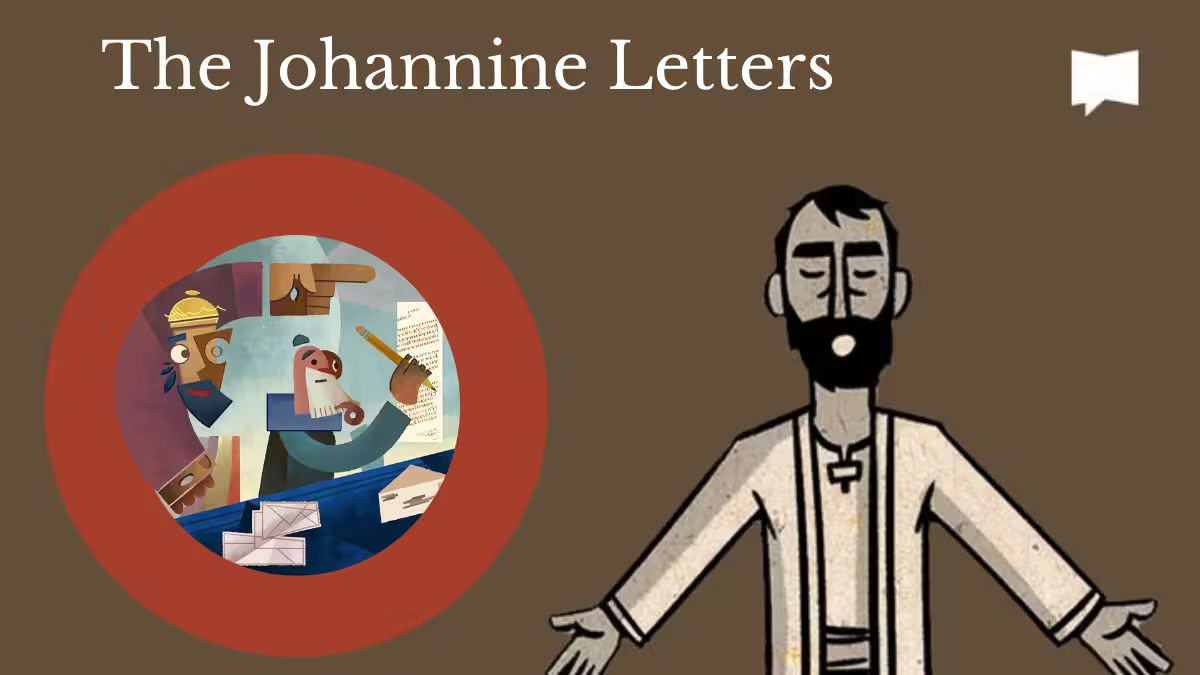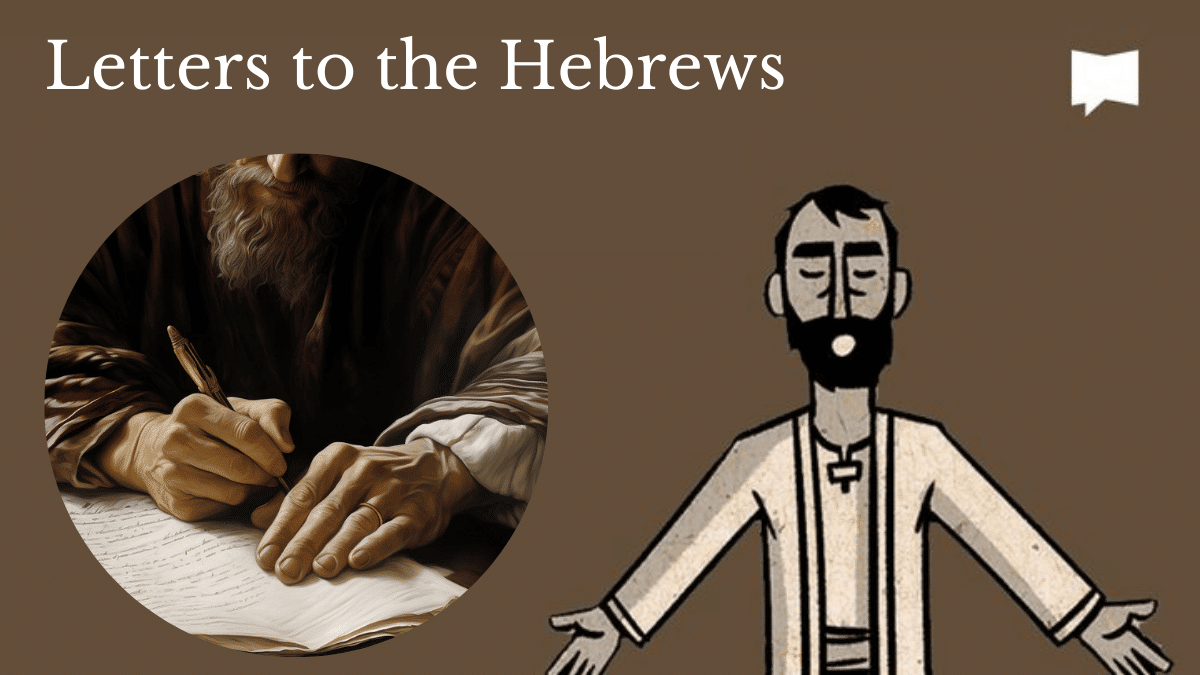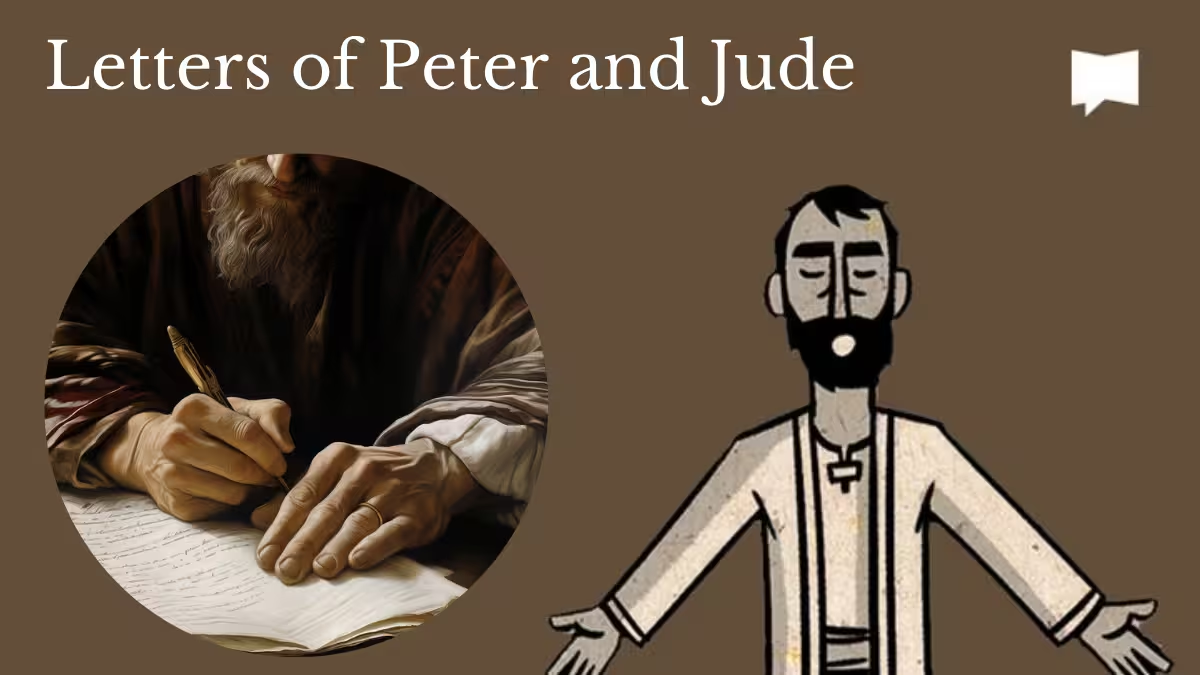Scripture
One Book at a Time
Have you always wanted to spend more time with Sacred Scripture but it just seems so daunting, filled with names of strange places and lots of people whose relationships are hard to keep track of? Need an overview? The “Big Picture”? This is the place for you!

We’ve covered all of Scripture – One Book at a Time
All lessons are online in the “Library”
Lesson 71 – Revelation
The Apocalypse, or Revelation to John, the last book of the Bible, is one of the most difficult to understand because it abounds in unfamiliar and extravagant symbolism, which at best appears unusual to the modern reader. Symbolic language, however, is one of the chief characteristics of apocalyptic literature, of which this book is an outstanding example. Such literature enjoyed wide popularity in both Jewish and Christian circles from ca. 200 B.C. to A.D. 200.
This book contains an account of visions in symbolic and allegorical language borrowed extensively from the Old Testament, especially Ezekiel, Zechariah, and Daniel. Whether or not these visions were real experiences of the author or simply literary conventions employed by him is an open question. This much, however, is certain: symbolic descriptions are not to be taken as literal descriptions, nor is the symbolism meant to be pictured realistically.
….and there is so much more to say! Click the button below to read a short introduction and enjoy the videos.
Lesson 70 -Letters of John
The three letters of John are theologically and pastoral letters that are likely addressing communities that were supported by the Apostle John, John the Presbyter, or a person associated with the Johannine communities. There continues to be debate and speculation about the author – but his concerns are clearly connected to the major themes of the Gospel of John.
The first letter deals with theological concerns – perhaps docetism or gnosticism – early heresies about the person and nature of Jesus. The other letters, both quite short, deal with pastoral concerns about living an authentic Christian life.
Lesson 69 – Hebrews
There is a joke among scripture scholars about St. Paul’s Letter to the Hebrews: it is not from St. Paul, it is not a letter, and it may or may not be to the Hebrews and even then it is not clear who the “Hebrews” exactly are. There is a lot about this book of Scripture that is still the topic of scholarly debate. That includes the geographical location of the intended recipients. If you’d like to delve into the debate, there are plenty of online sources, including the introduction provided by the US Catholic Bishops. A solidly Catholic commentary is provided at Catholic Culture and was written by Fr. William Most.
What we do know that Hebrews is written to a community under persecution some of whom are waivering in their faith to the nascent Christian religion and seem to be considering returning to Judaism, a faith tradition free from persecution in the Roman Empire. The recipients of the letter clearly have a strong background in the Hebrew Scriptures as the book is replete with OT references. And it is through these references that the author makes the case that Jesus is greater than all things and is the fulfillment of the promises of God – so anchor your faith and hope in Jesus!
Lesson 68 – The Catholic Epistles
The two letters of Peter and the letter of Jude are called the “Catholic” Epistles, not because of their affinity to the Roman Catholic Church, but for their universal application. This stems from the Greek katholica meaning universal and is applicable here because these letters are not written to a specific community as are Galatians, Romans, etc.
In short, all three letters are meant to support the readers to remain faithful to their standards of belief and conduct in spite of threats of persecution. The contents both inspire and admonish these “chosen sojourners” who, in seeking to live as God’s people, feel an alienation from their previous religious roots and the society around them. Appeal is made to Christ’s resurrection and the future hope it provides and to the experience of baptism as a new birth.
The Letter of Jude is well known for its closing doxology:
To the one who is able to keep you from stumbling and to present you unblemished and exultant, in the presence of his glory, to the only God, our savior, through Jesus Christ our Lord be glory, majesty, power, and authority from ages past, now, and for ages to come. Amen



